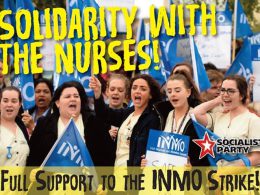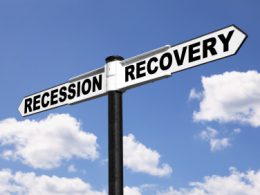By Mick Barry
The Low Pay Commission will submit a report to the Government in July with recommendations for an increase in the national minimum wage.
The national minimum wage is currently set at €8.65 per hour and has remained frozen for eight years.
Former banker chairs commission!
Low paid workers will not be holding their breath when they look at the makeup of the Low Pay Commission. It is chaired by a former banker Donal de Buitleir! Three of the other eight members are business executives. It is possible that the Commission will recommend a small increase in the minimum wage bringing up to around €9 an hour, falling far short of what workers need to survive.
The Living Wage Technical Group recently suggested that a living wage in Ireland today should equal €11.50 an hour or around €450 per week. The technical group is made up of representatives of the Vincentian Partnership for Social Justice, trade union representatives and others.
Rent rises while wages stagnate
Many workers will feel that €11.50 an hour itself would be insufficient for a decent standard of living. For example the average cost of renting an apartment in Dublin at the end of 2014 was €1,166 per month.
Proposals from the Low Pay Commission for a pitiful increase in the national minimum wage should be met by demands from workers and their unions for a real increase in minimum rates. This could perhaps take the Living Wage proposal as a starting point for an immediate minimum wage increase, to be followed by further real increases over each of the next two or three years.
A strong campaign could be built around such demands and low pay could be made a major issue in the upcoming General Election.
Lessons from Seattle
Inspiration for such a campaign could be drawn from the current battle in the US for $15 an hour.
Led by Socialist city councillor Kshama Sawant, campaigners against low pay recently won an $15 an hour minimum wage in the city of Seattle for workers employed by big businesses. In the next ten years workers will have $3 billion in wage increases.
This victory has sparked a national movement which on 15 April saw 60,000 workers and students in 200 cities nationwide protest and take to the streets for $15 now. It is this type of mass grassroots campaign for change which will deal strong blows to low pay rather than either the Low Pay Commission or this pro-bosses government.












